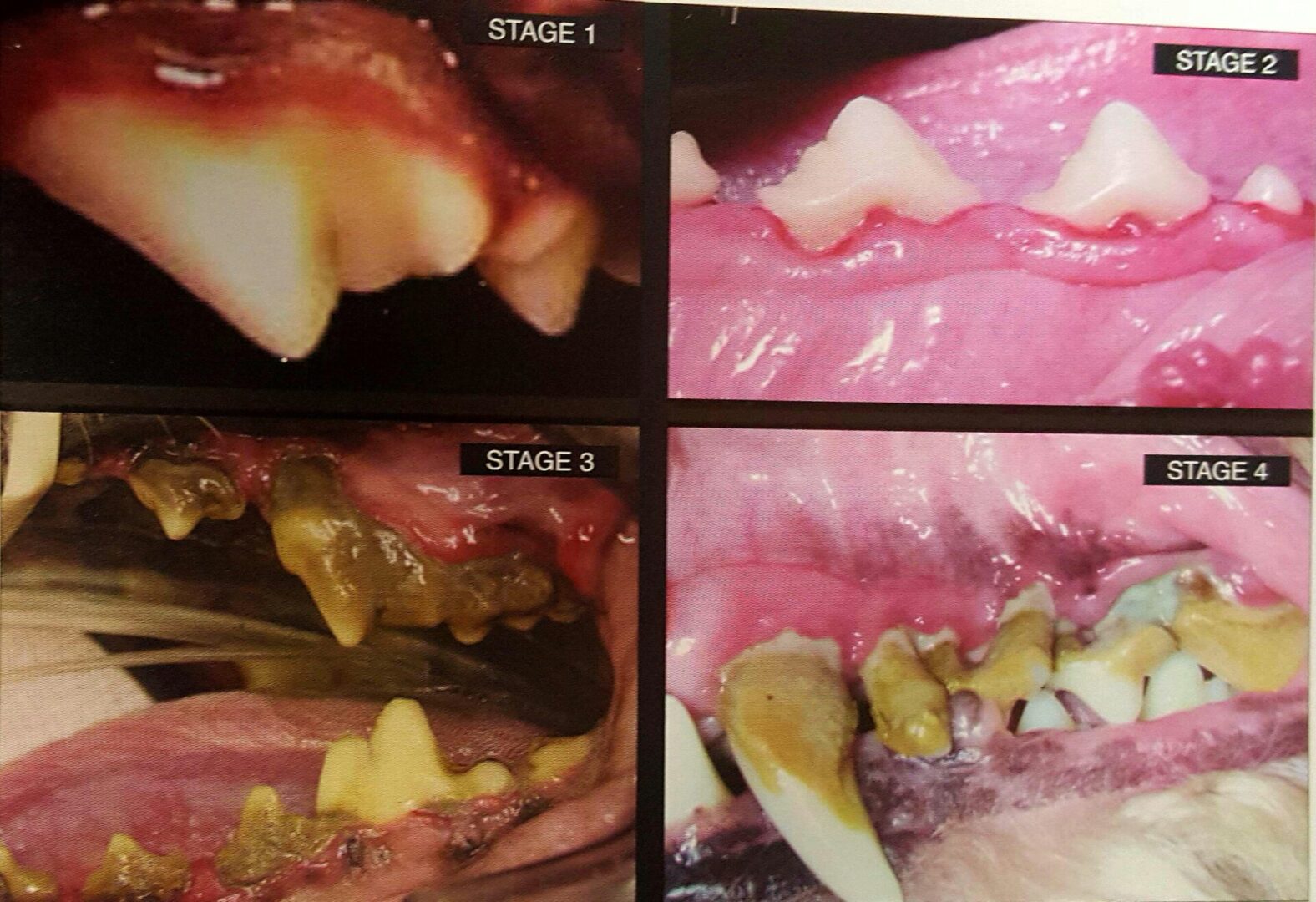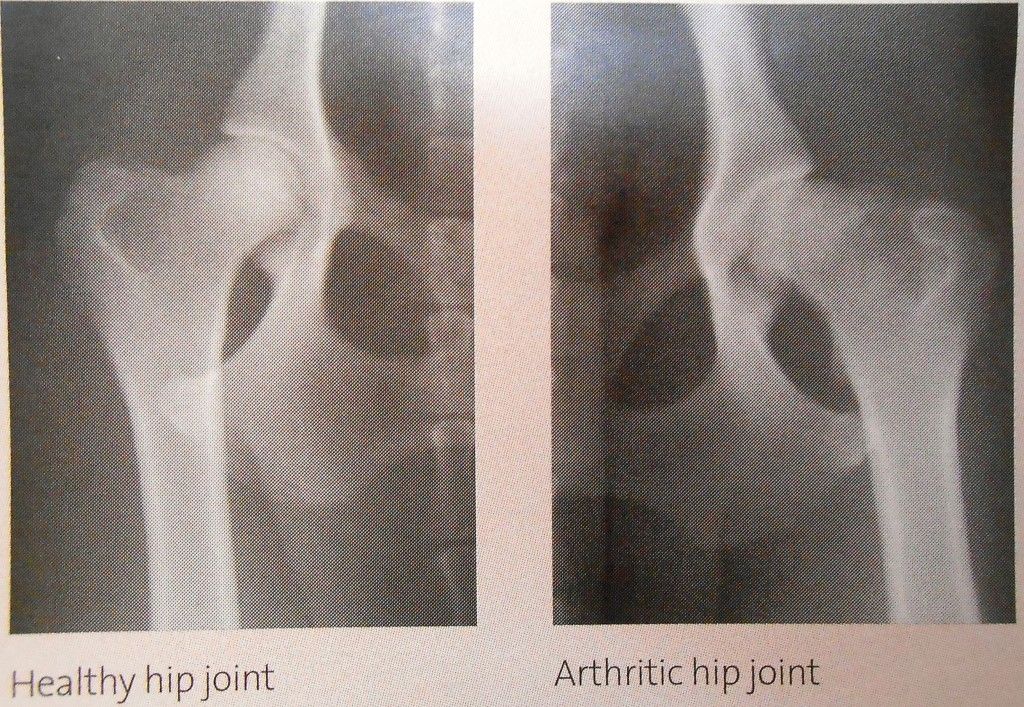Aging in Our Pets
We all want to know how aging in our pets works. The chart below lets us know how old our animals are in comparison to us in age.
Life Stages
Pediatric 0-1
Adult 1-6
Senior 7-9
Geriatric > 10

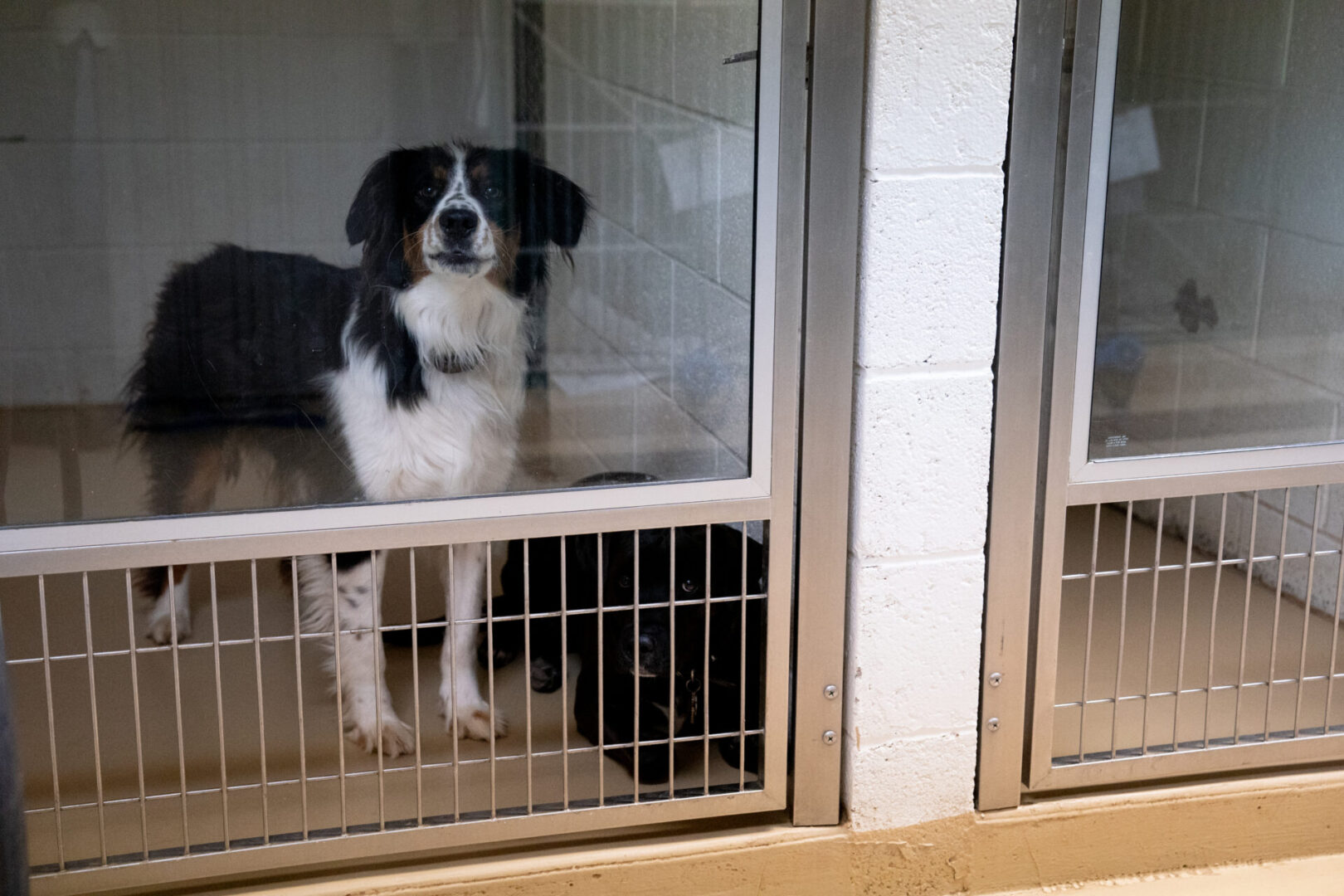
Antifreeze Poisoning
There are several household items that are toxic to our dogs or cats, one of the most problematic being antifreeze. Antifreeze has a smell and taste that our dogs are attracted to. Antifreeze poisoning can happen quite easily due to the fact that it is commonly spilled on the garage floor or dumped into the street when changed. The chemical in antifreeze is called Ethylene Glycol. It causes extensive kidney damage almost immediately after consumption. When antifreeze is consumed the body starts absorbing the toxin from the GI tract. Once the Ethylene Glycol is metabolized through the liver and kidneys, Calcium Oxalate crystals start to form and there is an increase in the urine pH. The lethal dose of antifreeze is about 3 ounces for a medium to small size dog.
Allergies
Animals just like people, can suffer allergic reactions to a wide variety of environmental substances, or allergens. Some allergens are seasonal, such as grass, tree and weed pollen. Allergens causing year-round symptoms include food, molds, dust mites, insects and other materials found in the home environment…even people.
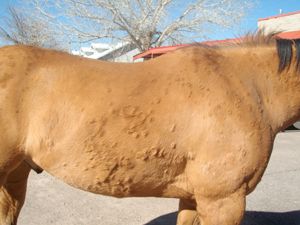
Digital Radiology
Village Veterinary Hospital is very proud to be able to offer their clients with the latest in Veterinary Technology, Digital Radiology. This service provides our customers with accurate information and instant results.
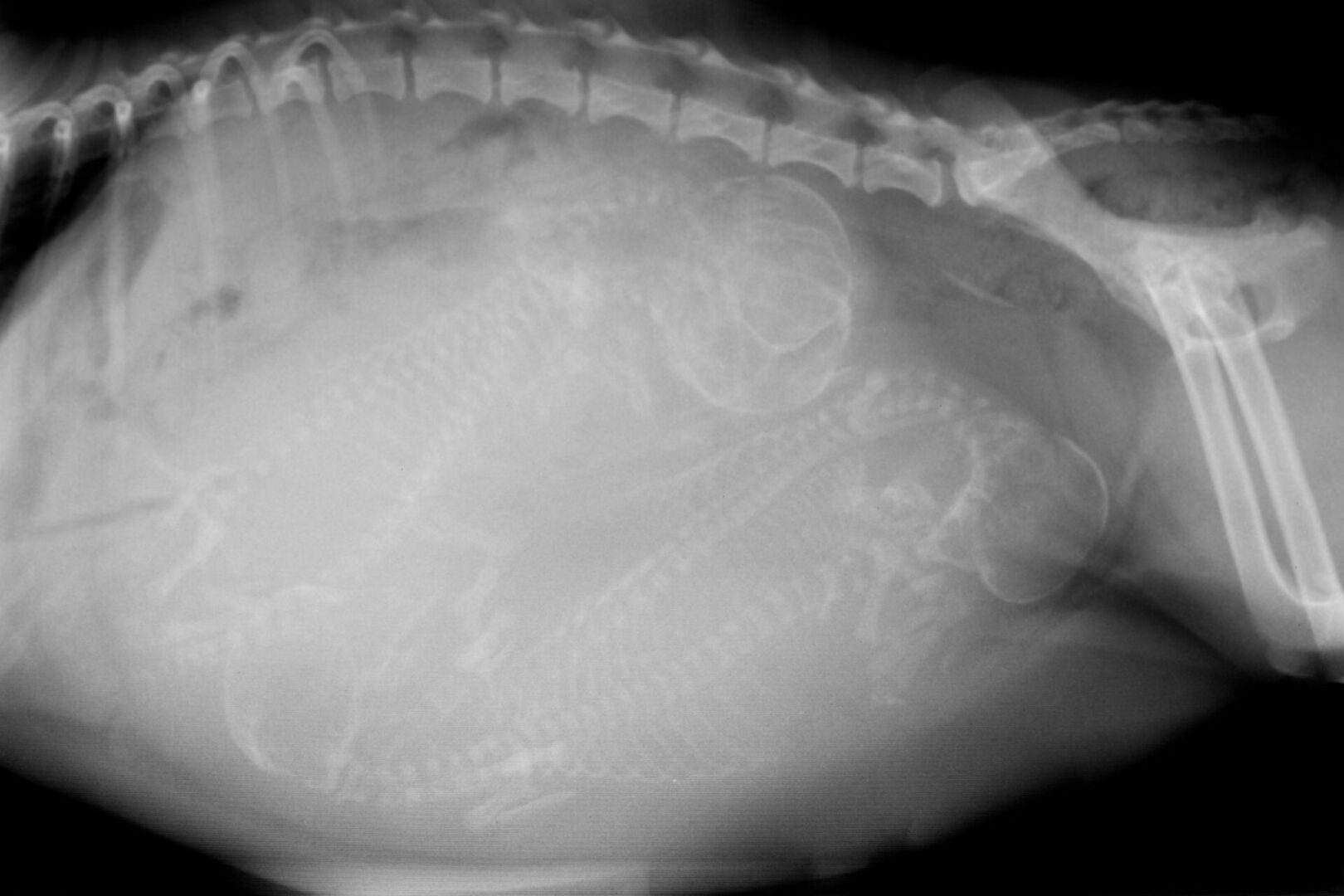
Epilepsy in Dogs and Cats
A seizure is a specific event in time, which causes abnormal electrical activity in the brain. Epilepsy refers to multiple seizures occurring over a long period of time with no underlying structural brain lesion or other neurological signs. Most dogs with epilepsy suffer their first seizure between 1 and 5 years old, but seizures can occasionally start before 6 months or as late as 10 years old. Any breed, including mixed- breed can be affected. There are two different types of epilepsy: generalized-onset seizures and focal- onset seizures.


